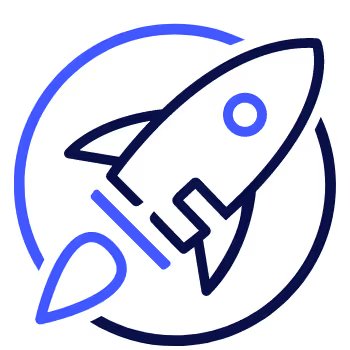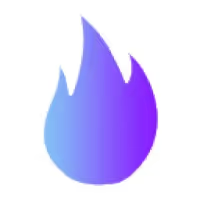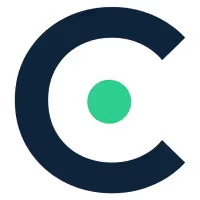What is AI list building?
AI list building is the use of artificial intelligence to find and organize contact data quickly for marketing or sales outreach.
What can AI list building do?
It generates targeted lists with accurate contacts, emails, and company details to boost your outreach success rates.
How does AI list building work?
It scans multiple databases and websites, then uses AI to identify and collect relevant contact information automatically.
Is AI list building easy to set up?
Yes, most tools offer simple setup with intuitive dashboards and ready-to-use templates for quick list creation.
Is AI list building free?
Some tools offer free limited plans, but full features usually require paid subscriptions starting around $20/month.
What is the common AI list building pricing?
Pricing typically ranges from $20 to $100 per month, varying by features like number of contacts and exports.
What are the types of AI list building?
Common types include lead enrichment, prospecting, contact discovery, and segmentation tools powered by AI.
Does AI list building work with email?
Yes, it often provides verified emails and integrates with email marketing platforms for seamless outreach.
What are the best AI list building tools?
Top tools include ZoomInfo, Apollo, Lusha, Clearbit, and Hunter.io known for accuracy and ease of use.
What are common AI list building integrations?
Popular integrations include CRM systems, email platforms, marketing automation tools, and data enrichment APIs.



















































